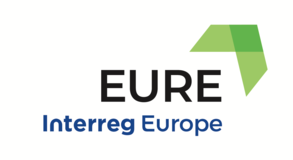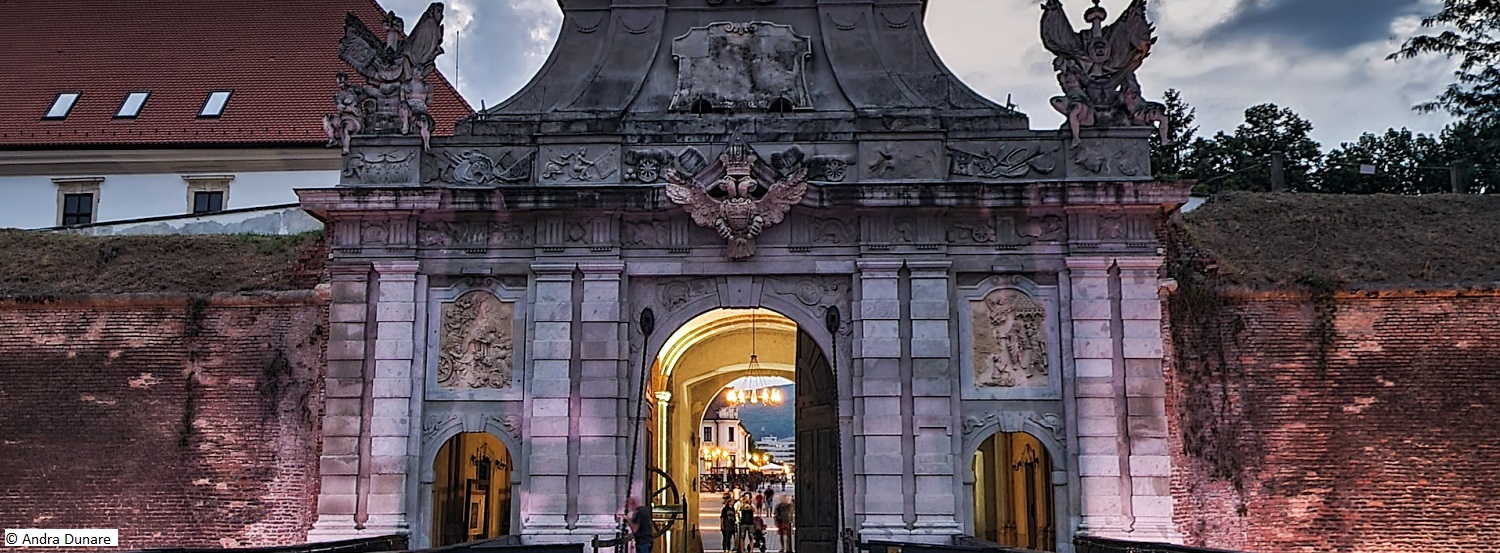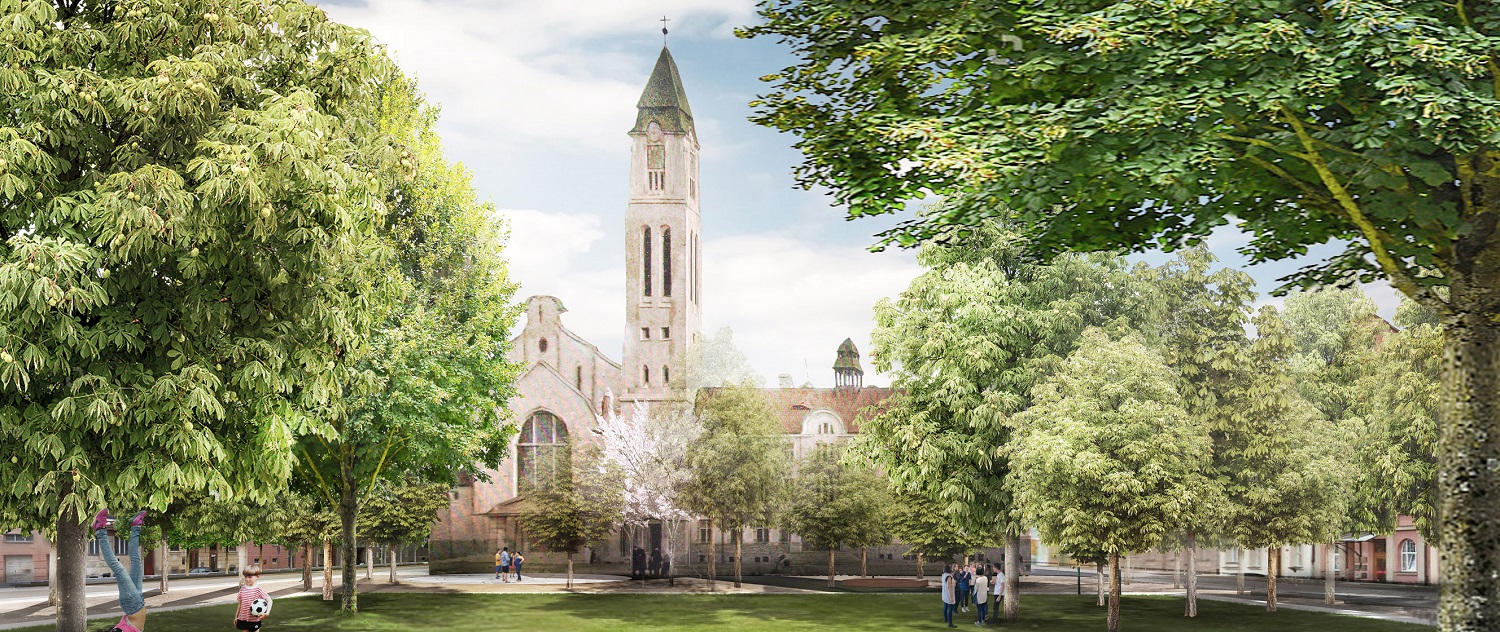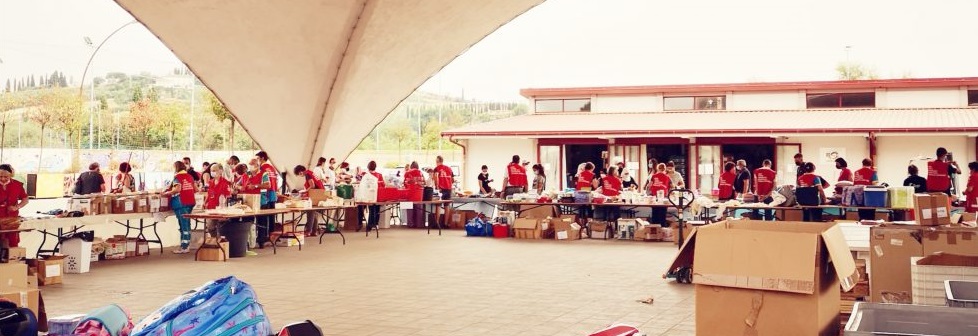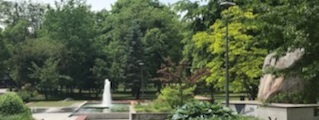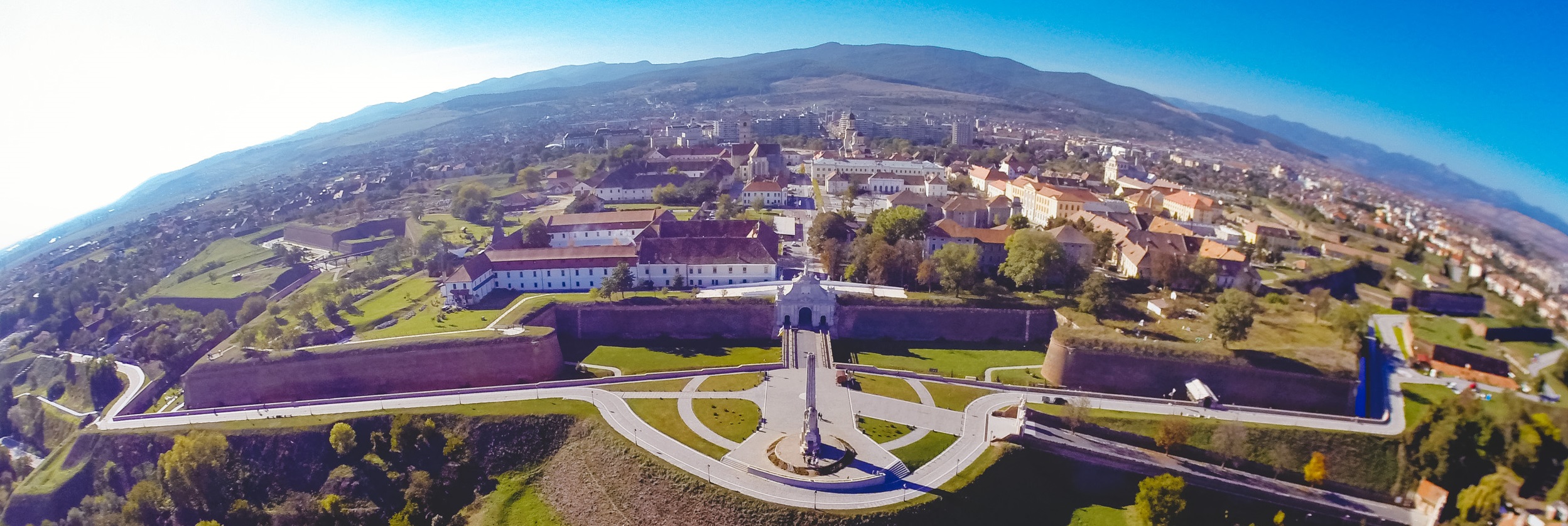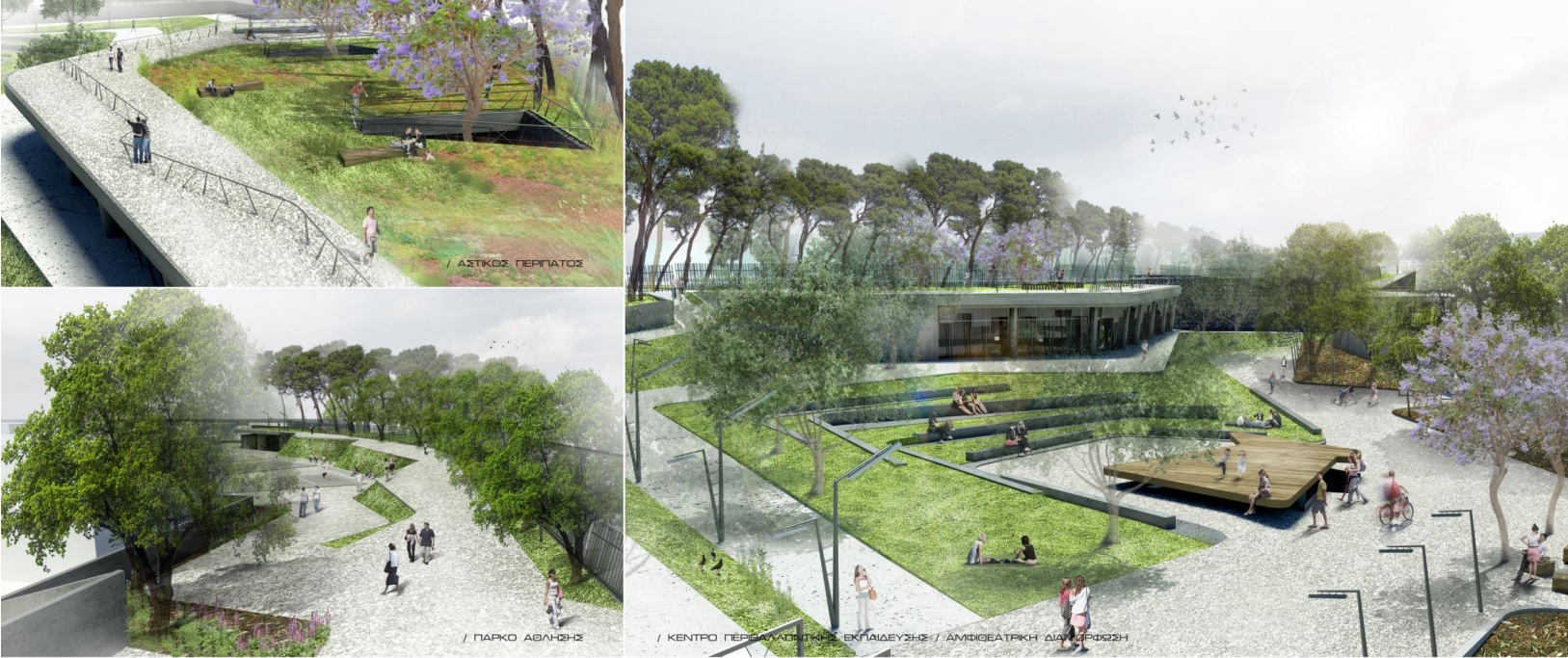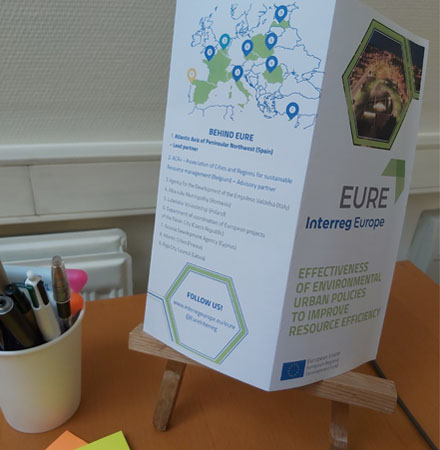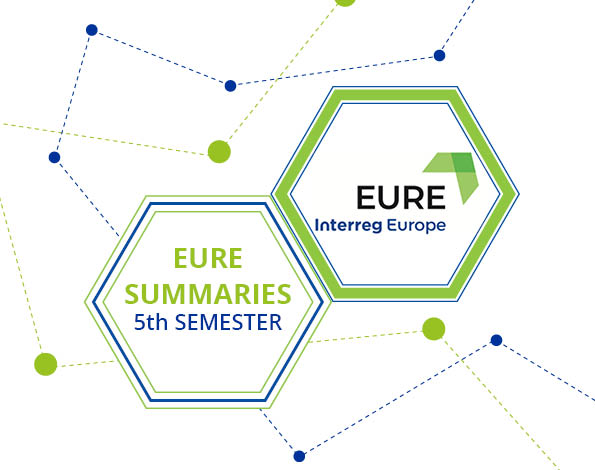European policy makers, elected representatives of small and medium cities in Europe, and the EURE partners gathered in Brussels to brainstorm on how to increase the participation of small and medium cities in the new European Urban Policy. Successful experiences, for example related to the sustainable built environment, show that those cities have high potential to move from an urban life to a more humane life.
Despite being the matrix of European urban policies, cities, and especially small and middle ones, often do not have a voice in their elaboration. How to empower public and social participation of the local administration in the design, implementation, monitoring and evaluation of urban strategies and, in general, urban policy?
For already nearly three years, the nine partners of the Interreg Europe EURE project have been working to improve the participation of small, medium and peripheral cities in the definition and more effective implementation of European Urban Policy. On 29 June 2022, they gathered in Brussels to share with European policy makers their insight and increase policy makers’ and governments’ awareness. Organised by ACR+, the hybrid event entitled “Analysis and Proposals for a New European Urban Policy and the Role of Small and Medium Cities” gave participants the opportunity to discuss issues like the new territorial models for the management of the European Urban Policy and the role of small and medium cities in proposing a renewed European Urban Policy adapted to the challenges of our time.
Francesco Lembo, Deputy Secretary General of ACR+, and Xoán Vázquez Mao, Secretary General of Eixo Atlantico, the Lead Partner of the project, opened the conference. Gonzalo Sanchez, from the European Environmental Bureau (EBB) then set the frame by sharing remarks about the role of small and medium cities in promoting a decarbonized built environment. A first round table discussion followed this key-note speech, gathering Radim Sršeň, Deputy of the Cabinet Minister of Regional Development of the Czech Republic and member of the European Committee of the Regions, Marcos Ros, Member of the European Parliament and rapporteur of the New European Bauhaus, and Cristina Fernández Dávila, Mayor of Ponteareas (Spain). These panelists discussed the issue of new territorial models for the management of the European Urban Policy and agreed about the need to promote an effective participation of small, medium and peripheral cities in the EU urban policy to strengthen polycentrism as well as simplification of European Regional Development Fund (ERDF) management.
The second round table, composed of Brenda Barnini, Mayor of Empoli (Italy), Adelina Pinto, Deputy Mayor of Guimaraes (Portugal) and Stephen Boyle of Zero Waste Scotland, provided participants a chance to hear about Portuguese, Italian and Scottish experiences related to the small and medium cities and the sustainable built environment.
This event concludes the first phase of the project dedicated to interregional learning during which partners cooperated to reach their goal of improving the way the ERDF addresses the environmental urban challenges of small and medium cities. As a result of the first phase, each partner has developed an Action Plan (AP), aiming at improving the respective policy instrument each partner addresses and establishing schemes for improving the governance of key urban environmental activities. Those Action Plans were presented during the event and will be published on this website.
Presentations made during the event are available on the event page and a recording will soon be shared. The event was kindly supported by the Brussels Office of the Tuscany Region.
